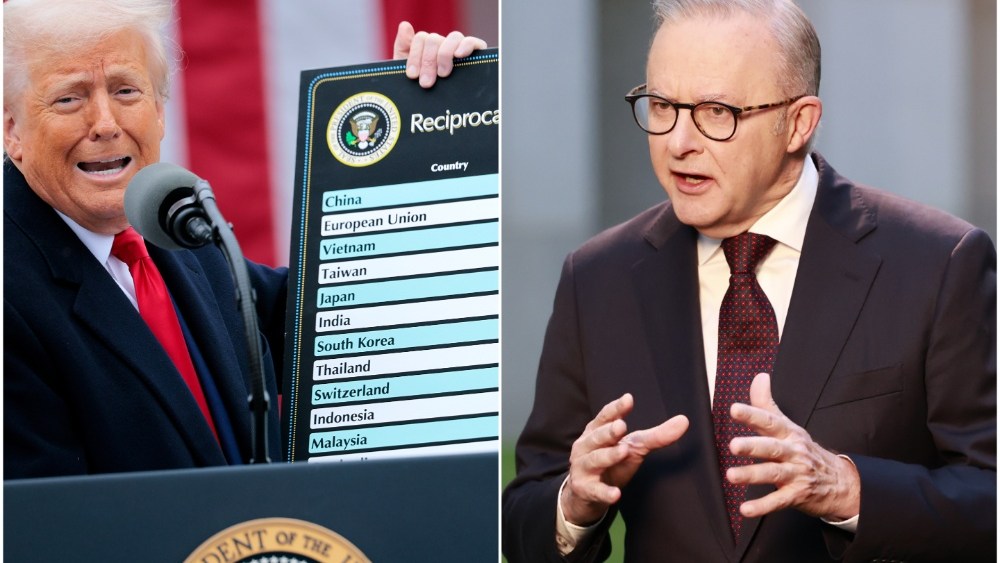Australian Prime Minister Anthony Albanese has doubled down on the government’s commitment to implement local content quotas for streaming platforms, despite mounting pressure from the U.S. amid escalating trade tensions.
“We strongly support local content in streaming services so Australian stories stay on Australian screens,” Albanese said on Thursday. Albanese’s remarks came in the wake of the so-called “Liberation Day” declared by the White House, where U.S. President Donald Trump declared sweeping trade tariffs for several countries.
Albanese’s statement comes after Australia was specifically named in the U.S. Trade Representative’s “Foreign Trade Barriers” report for 2025. The report explicitly highlights Australia’s National Cultural Policy and its intention to introduce “requirements for Australian screen content on streaming platforms to ensure continued access to local stories.” The U.S. government noted it “will continue to monitor this issue to ensure Australia’s compliance with its FTA obligations.”
Australia isn’t alone in facing American scrutiny over audiovisual services regulations. The trade report singles out 13 other territories — including the European Union, Canada, China, India and Korea — for similar measures protecting local content industries.
The Albanese government had initially promised to implement streaming quotas by July 1, but quietly pushed the timeline back while maintaining its commitment to the policy. This delay has sparked concerns within Australia’s creative community.
“Because of the delay in putting these rules into place, right now, finding our own screen stories is getting harder and harder, and that’s not a good situation,” said Matthew Deaner, CEO of Screen Producers Australia (SPA).
Deaner, however, welcomed the Prime Minister’s firm stance, acknowledging the “enormous pressure” Australia has faced from the U.S., particularly from the Motion Picture Association, which he claims has tried to “resist, delay, and read down the local content rules.”
“The hundreds of small screen businesses and the thousands of their employees and partners across a range of creative sectors will welcome this statement by the Prime Minister,” Deaner added. “It signals the ongoing solid support for our creative industries and the importance of local content rules to Australia’s cultural sovereignty.”
The Media Entertainment & Arts Alliance (MEAA) has taken an even stronger position, with chief executive Erin Madeley calling for the next federal government to mandate that streaming services invest 20% of revenue derived from Australian audiences back into local content production.
Australia’s Media Bargaining Code, which requires designated digital platforms to negotiate payments with registered Australian news media businesses for content, was also identified in the U.S. trade report. The Australian government announced plans in December 2024 to strengthen these measures by introducing financial penalties for platforms that fail to reach or renew commercial agreements.
As trade tensions continue under the new Trump administration, Albanese’s statement represents a significant commitment to protecting Australia’s cultural industries amidst a challenging international trade environment.
In a dramatic escalation of rhetoric, Albanese didn’t mince words when addressing Trump’s tariff bombshell, lambasting the 10% levy on Australian exports as “totally unwarranted” and pointedly declaring it was “not the act of a friend” — language that signals a potentially rocky road ahead for U.S.-Australian trade relations as both sides dig in on their respective policy positions.
Read the full article here


